The Power of Partners: Accelerating Your Transition to Smart Manufacturing

Digital transformation is one of the most urgent issues confronting manufacturers – it’s no longer a question of ‘if’ but ‘when and how?’ Right now, many companies are somewhere on the continuum of digital transformation, working to connect isolated systems and processes to support modern Industrial Internet of Things (IIoT) technologies.
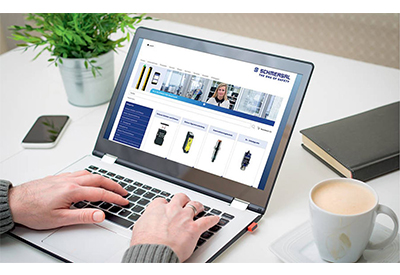
The Schmersal Group now offers its customers in UK and Ireland a new webshop selling components for functional machine safety. The company has linked its popular and comprehensive online catalogue to an automated ordering and shipping process, creating a convenient and secure purchasing tool that is available to customers around the clock after registration.

On any production line, it’s imperative to keep things moving. No-reads caused by faulty barcodes or unreliable readers can significantly hamper production by wasting both time and materials. Fortunately, there are several possible solutions for barcode reading problems, depending on what’s causing the issue. In some cases, a readable barcode may receive a no-read result simply because of its position relative to the reader.
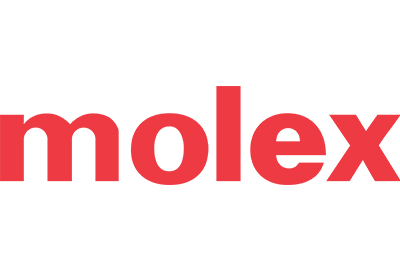
Molex recently unveiled the results of a global survey of automotive decision makers depicting top trends and technologies impacting “car of the future” strategies and business decisions. Survey findings validate the critical role of data, software and networking in enabling electrification and connectivity—identified as the two most important areas of innovation.

IBM, which trademarked “smarter cities” in 2014, outlined its vision of the term in a 2009 executive report: cities should be imagined as a “system of systems” providing an integrated web of services, from transportation to education. Noting that “in 2008, for the first time in human history, the majority of the world’s people lived in cities,” IBM proposed a new, utopian model of urban management that would use technology to monitor and optimize these systems.
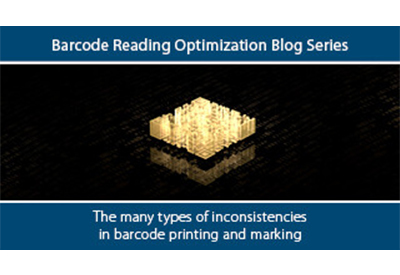
Variations in the printing or marking method of barcodes and direct part marks (DPMs) – including poor ink distribution, incorrect thermal printer heat settings, or uneven pressure in surface abrasion – can hamper readability. Since no-reads can make production inefficient, it’s important to understand the types of print/mark inconsistencies and their causes. Here, each category of inconsistency will be defined and then some possible solutions discussed.
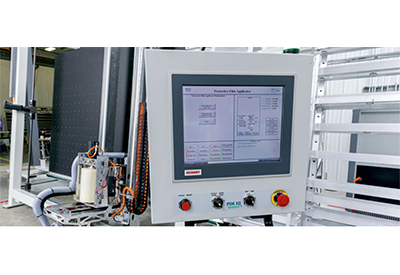
In order to protect glass windows from damage during shipping and installation in buildings, they are covered with protective PET film during the manufacturing process. For this purpose, PDS IG Equipment developed a modular window film application system, which facilitates adaptation to customer facilities through open control technology from Beckhoff. The system delivers a throughput considerably higher than the industry standard, and it provides increased data transparency, which adds value for system operators.

To maintain compliance with OSHA lockout/tagout standard 1910.147, it is required to perform annual inspections of both the procedures and employee competency in lockout/tagout practices. Annual audits are an important part of a lockout/tagout program because audits can reveal inconsistencies and problems. When it comes to annual audits, there are three main steps to complete. If you follow these three key components, your lockout/tagout program will stay up-to-date and compliant.
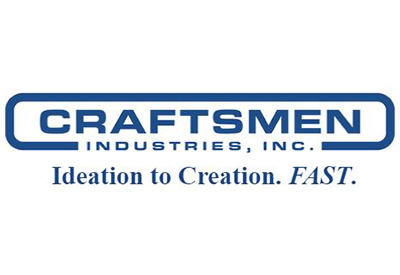
Industrial manufacturers require production reliability and continuity. However, a wide range of conditions can make this challenging – from unexpected emergencies, power grid failures and blackouts to partial plant shutdowns for maintenance, upgrade, replacement, or expansion. So, when uninterrupted power, power storage, water pumping, filtration, treatment etc. is necessary for production, safety, or regulatory compliance, a growing number of manufacturers are looking to mobile trailer and containerized units.
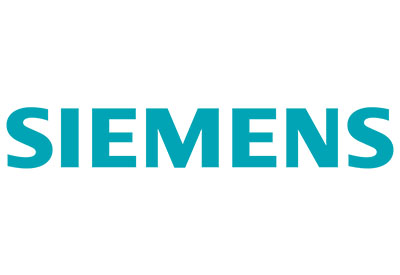
Control panels in the international market are subject to requirements for protection against direct contact and electric shock according to IEC 61439-1/2 (Low-voltage switchgear and controlgear assemblies) and IEC 60204-1 (Safety of machinery).
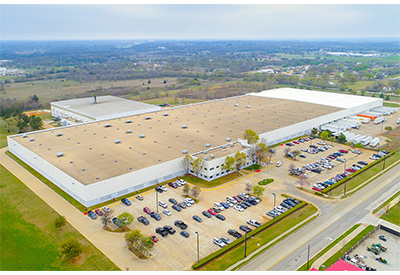
Southwire’s Plant and Customer Service Center (CSC) in Denton, Texas were recently recommended for ISO 9001:2015 Quality Management System (QMS) certifications. Obtaining this ISO certification achievement means the organization has met the requirements in the ISO 9001 Standard, and, according to Tim Reid, Denton’s plant manager, it gives confidence to the company’s customers that processes are in place to meet their needs and deliver consistent performance.

For the 26th time, Siemens has recognized employees as Inventors of the Year to honor their outstanding research achievements. The 22 awardees from the three companies Siemens AG, Siemens Energy and Siemens Healthineers are from China, Germany, France, India, Israel, Spain and the U.S. Individual researchers as well as diverse research and development teams that work internationally were honored with the award.
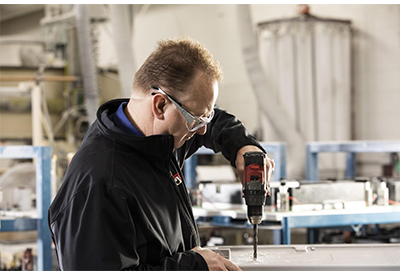
One of the benefits of fiberglass enclosures is the ability to create holes and cutouts. They can be modified to allow wire and cable to pass through, or the addition of vents, without the need for heavy machinery. Physically modifying fiberglass can be effectively achieved if certain guidelines are followed.
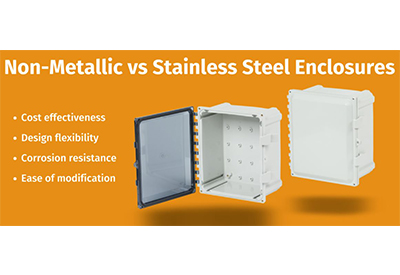
The benefits of non-metallic enclosures versus stainless steel enclosures are many and, when considered together, establish a very clear imperative for selecting non-metallics. It is important that you always consult AttaBox Enclosures for input in meeting application-specific needs in that individual non-metallic enclosure products each feature their own physical performance attributes.
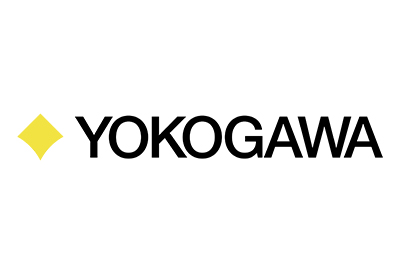
Yokogawa Electric Corporation recently announced that it had entered into a partnership agreement with InSphero AG, a pioneer in the development of 3D in vitro technologies for drug discovery and safety. The two companies aim to establish and advance methods for the use of high-content analysis (HCA) in drug discovery and safety assessment. They will jointly promote and support the use of high-value-added HCA solutions in drug discovery research that involves the use of 3D in vitro models.
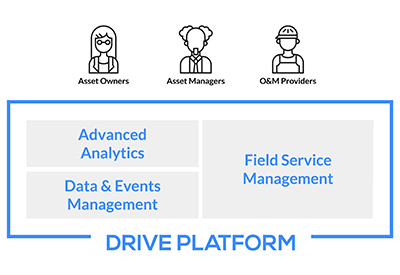
Yokogawa Electric Corporation and US-based Power Factors, LLC, announce a global reseller agreement under which Yokogawa will market Power Factors’ industry-leading Drive software platform of asset performance management (APM) solutions for renewable power facilities.